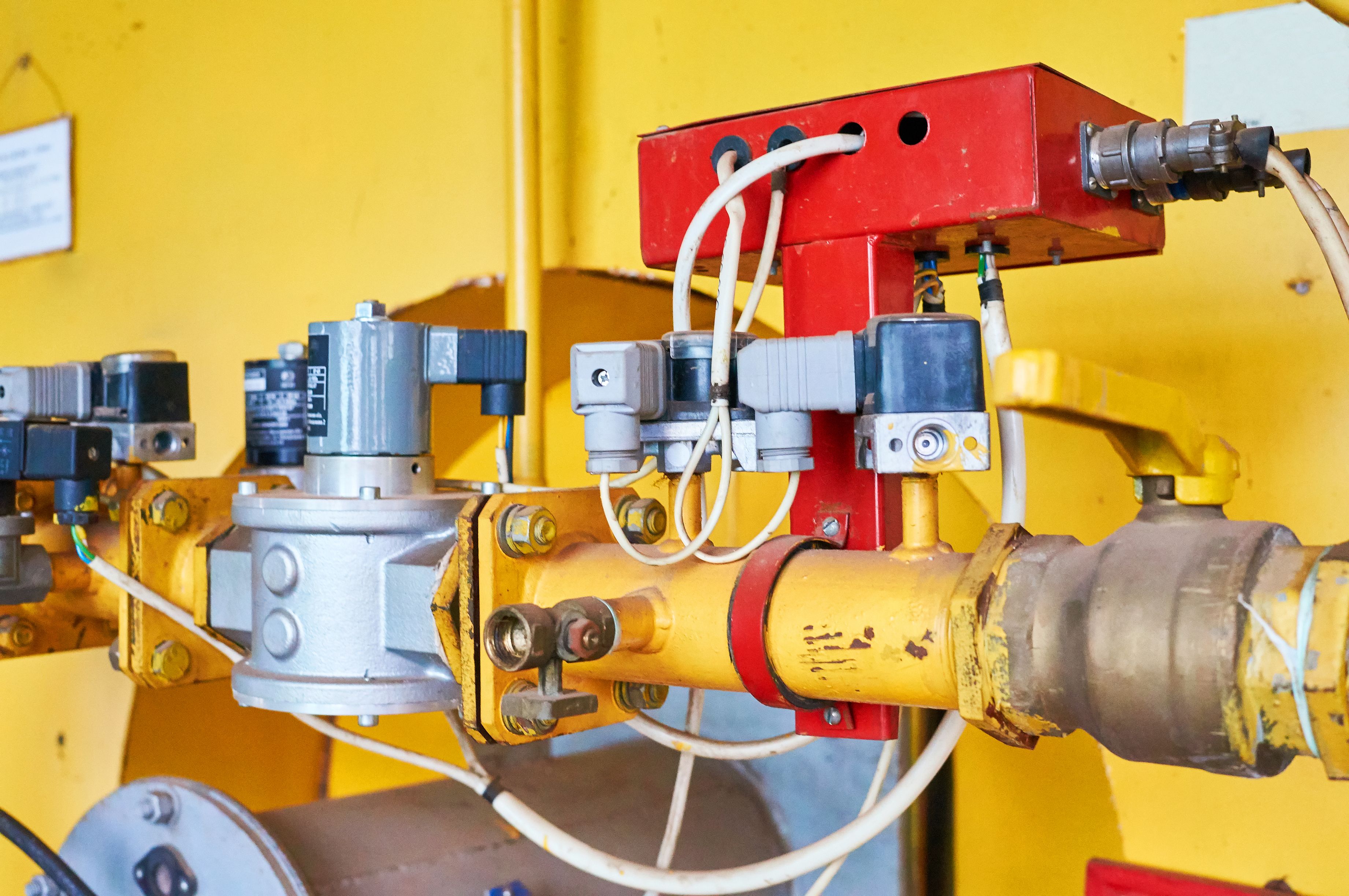Understanding Solenoid Valves: Operation, Types, and Industrial Applications
In the world of industrial automation, solenoid valves play a crucial role. They are key in controlling the flow of fluids and gases.
These valves are not just simple devices. They are complex pieces of engineering that use electromagnetism to function.
Understanding their operation and types can help in selecting the right valve for specific applications. This knowledge is vital for engineers, technicians, and anyone involved in system design or maintenance.
In this article, we delve into the function of solenoid valves, their types, and their role in various industries.
What Are Solenoid Valves?
Solenoid valves are a type of control valve. They are used to regulate the flow of fluids or gases in a system.
These valves operate using an electric current. This current runs through a solenoid, a coil of wire that generates a magnetic field.
When the current is applied, the magnetic field moves a plunger inside the valve. This movement opens or closes the valve, controlling the flow of the medium.
In essence, solenoid valves convert electrical energy into mechanical energy. This conversion allows for precise control of fluid dynamics.
How Do Solenoid Valves Work?
The operation of solenoid valves is based on electromagnetism. When electric current passes through the solenoid coil, it creates a magnetic field.
This magnetic field acts on a metal plunger within the valve. The movement of the plunger opens or closes the valve, controlling the fluid flow.
The valve returns to its original position when the current is turned off. This is due to a spring or the fluid pressure itself.
Types of Solenoid Valves
There are two main types of solenoid valves: direct-acting and pilot-operated. Each type has its unique operation mechanism.
Direct-acting valves are simple and reliable. They work well even at low pressure.
Pilot-operated valves, on the other hand, are more complex. They are suitable for high-pressure applications.
Here are the key differences between the two:
- Direct-acting valves: Simple design, reliable, suitable for low pressure
- Pilot-operated valves: Complex design, suitable for high pressure
Direct-Acting Valves
Direct-acting solenoid valves have a simple design. They use the force of the electromagnet to open and close the valve.
This makes them reliable and suitable for low-pressure applications.
Pilot-Operated Valves
Pilot-operated solenoid valves are a bit more complex. They use the pressure of the fluid itself to open and close the valve.
This makes them suitable for high-pressure applications.
Applications of Solenoid Valves in Industry
Solenoid valves are widely used in various industries. They play a crucial role in automating fluid control processes.
For instance, they are used in manufacturing plants to control the flow of coolant. They are also used in HVAC systems to regulate temperature.
Selecting the Right Solenoid Valve
Choosing the right solenoid valve depends on several factors. These include the type of fluid, pressure, temperature, and the specific application.
For corrosive fluids, a valve with a body made of corrosion-resistant material is needed.
High-pressure applications require a valve designed to withstand such conditions.
Remember, the right valve ensures optimal performance and longevity of your system.
Maintenance and Troubleshooting
Regular maintenance is key to the longevity of solenoid valves. This includes periodic cleaning and inspection for wear and tear.
Troubleshooting common issues is also crucial. This could involve checking for coil burnout or blockages in the valve.
Remember, a well-maintained valve ensures efficient operation and reduces the risk of unexpected system downtime.
Conclusion: Pneucons connecting buyers with quality products
Understanding solenoid valves is vital for their effective use in various applications. With this knowledge, you can make informed decisions when selecting and maintaining these essential components. If not sure, check out Pneucons.









